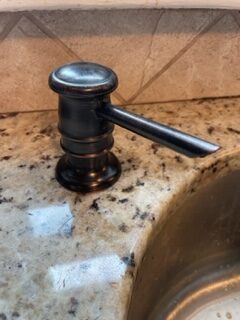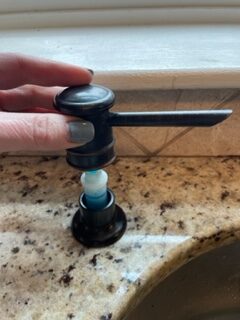
The first impactful memory I have around money always comes to me right away. It’s a story I shared at my dad’s 70th birthday celebration. I was about 10 years old and was with him at the ATM. He always counted the money before putting it in his wallet.
When he counted it on this particular morning, there were two $20’s stuck together.
My 10-year old mind thought, “How AWESOME is THAT”?
I must have not only thought it but also said something along those lines because I remember CLEAR AS DAY my father’s response:
“Susan, this is not my money. I’ll return it to the bank on Monday”.
IMPACTFUL.
Sometime not too long after, he called me over to his chair where he sat every night to watch the evening news and read the paper. He showed me a piece of mail he had just opened. It was a letter from the president of the bank thanking him for his honesty in returning the $20.
IMPACTFUL.
I’d be remiss to leave out my mom in my earliest memories around money and the impact they’ve had on me. Mom handled all the day to day family finances and taught me how to balance a checkbook…to…the…penny. Of course, with today’s technology I don’t balance a checkbook anymore, but I do still watch every penny. It was also her influence that taught me that just because you can afford something doesn’t mean you should buy it and that if you can’t afford something, then you definitely shouldn’t buy it.
That’s Cash Flow Planning 101: Needs vs Wants and Spend less than you make.
And from all this, a trusted financial advisor was born. Thanks Mom and Dad!
My clients have heard me say that not every decision around money is black and white, that there is often an emotional component to our decisions that can make things a bit gray. Behavioral Finance has become a field of study in and of itself and is often a seminar topic at financial industry conferences.
I’m sure my parents had NO IDEA at the time that all these little things would serve as defining moments for me and my approach to all things money in the future.
But it’s something I try to remember when working with my clients; we all have a money history that started way before we ever knew it was happening.
Quote

Great things never come from comfort zones.







